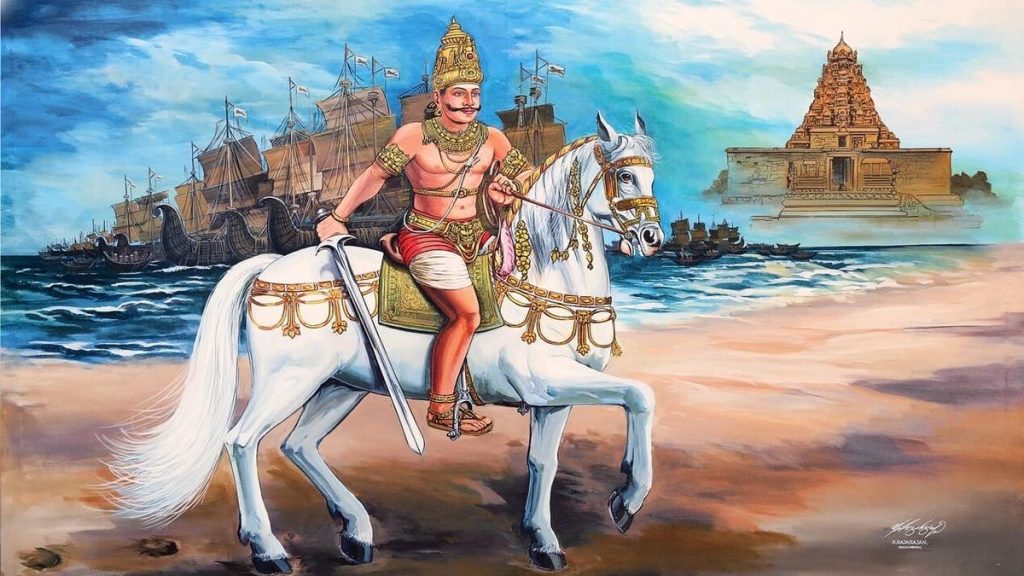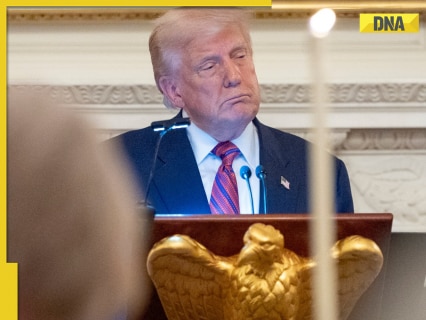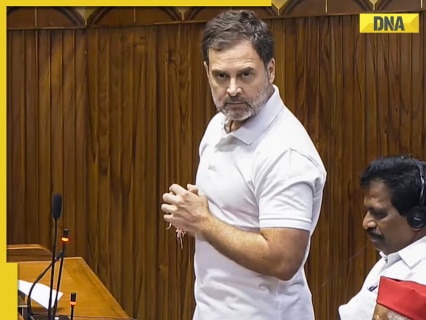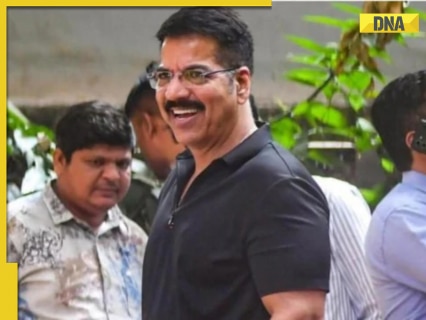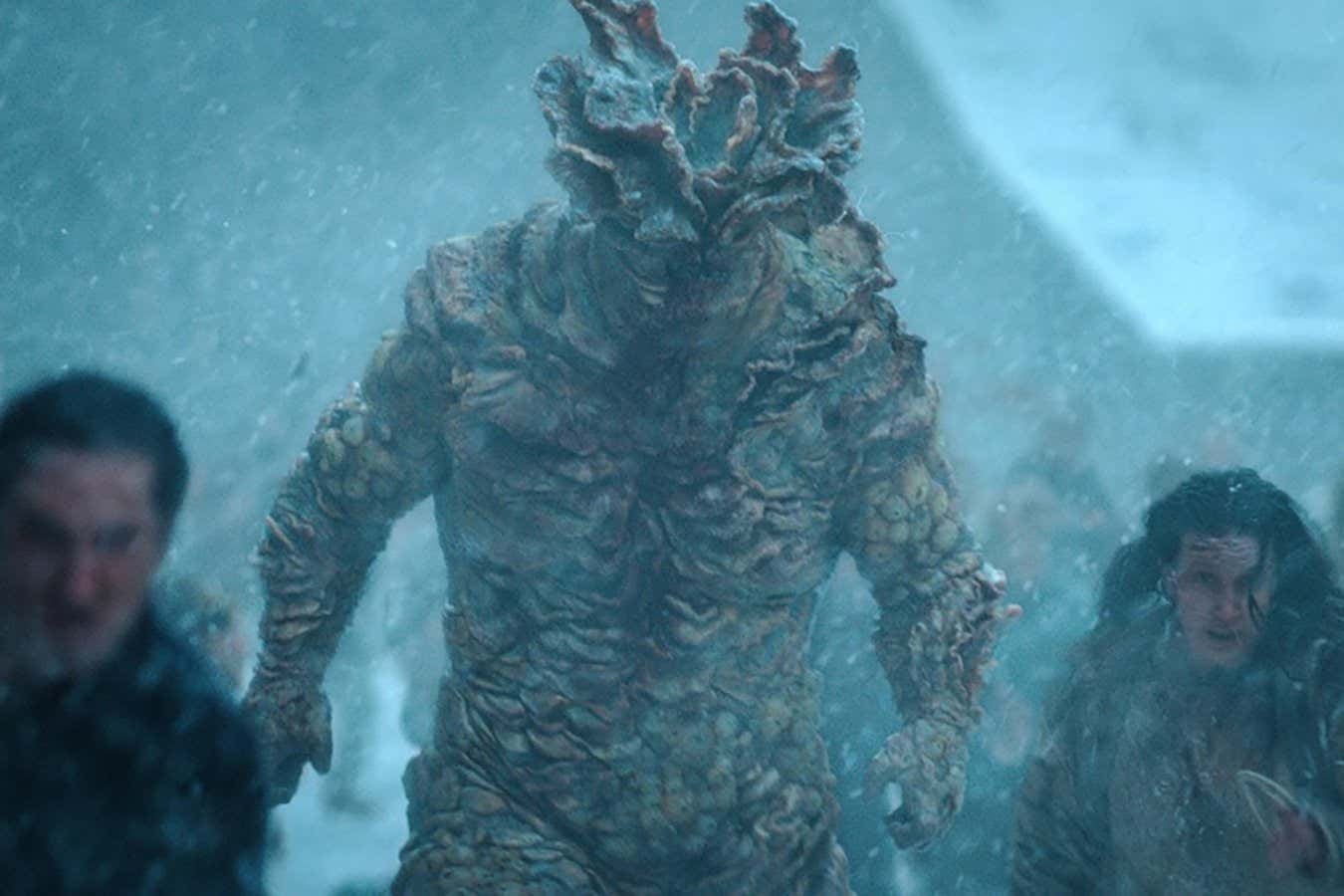Now Reading: Rediscovering Our All-Time Favorite Sci-Fi Books
-
01
Rediscovering Our All-Time Favorite Sci-Fi Books
Rediscovering Our All-Time Favorite Sci-Fi Books
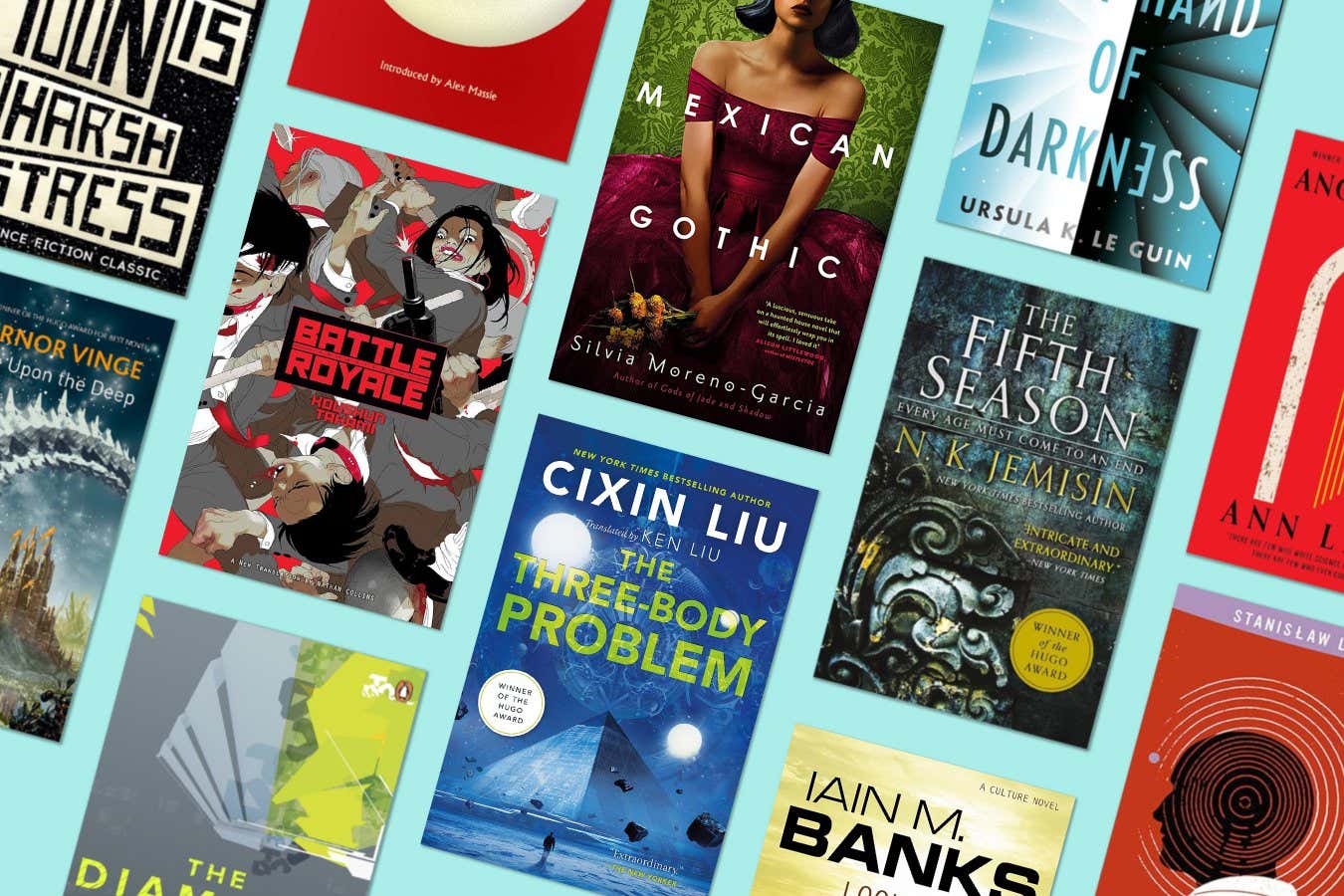
Quick Summary:
- New Scientist staff compiled a second list of their favorite science fiction books of all time,adding titles they missed in their first list.
- Popular choices include:
– Rendezvous With Rama by Arthur C. Clarke: Exploration of an alien spacecraft raises questions about humanity’s place and potential threats.
– 1984 by George Orwell: A dystopian tale exploring totalitarian control through surveillance, truth manipulation, and language constraints.
– The Broken Earth trilogy by N.K. Jemisin: A vividly imagined world grappling with survival amidst constant seismic disasters and societal oppression themes.
– Dune by Frank Herbert: An epic exploration of politics, destiny, ecology, and human survival on the desert planet Arrakis featuring iconic elements like sandworms and Fremen culture.
– A Fire Upon the Deep by Vernor Vinge: Intriguing space opera exploring zones limiting artificial intelligence across different parts of the galaxy to create narrative tension.
- The compilation aims at personal favorites rather than a definitive “best” sci-fi list.
(image Caption/Source Credit):
1) (Image 1): “Is yoru favourite sci-fi novel included here or have we forgotten it?” [Image from article]
Indian opinion Analysis:
Science fiction has long been viewed as a mirror reflecting humanity’s deepest concerns while projecting future possibilities through imaginative storytelling-a genre that Indian readers increasingly embrace due to its relevance amidst global shifts in technology and philosophy.
Books like 1984 resonate universally with nations like India due to their focus on governance strategies’ implications for individual freedom-a discussion very present in India’s ongoing conversations around data privacy laws or press freedoms-and coudl encourage Indian academia’s engagement beyond cultural imports toward contextualizing similar themes domestically.
Additionally-in light translating Hugo Awarded Jemisin introducing Complex dystopias back daily tougher Geology rigor Time `Fascin relativity seeing emerg ways Preparedness debates against overlaps besides such juxtap african resemblance.expansion underway AIோ read:“.Quick summary:
- The Left Hand of Darkness by Ursula K. Le Guin explores fluid gender identities on the planet Gethen and follows ambassador Genly Ai’s struggle to understand its inhabitants while convincing them to join a coalition.
- Ancillary Justice by ann Leckie features breq, an AI in a single soldier body, seeking revenge in a gender-neutral universe controlled by warship intelligences.
- Ready Player One by Ernest Cline is set in OASIS, a VR world full of 80s pop culture references, with protagonist Wade battling corporate greed.
- Solaris by Stanisław Lem delves into humanity’s limits in comprehending alien intelligence on the sentient ocean planet Solaris.
- Iain M. Banks’s Look to Windward, part of the Culture series, examines consequences of advanced civilizations interfering with developing societies amidst themes of war and revenge.
- Silvia Moreno-Garcia’s Mexican Gothic critiques patriarchy through gothic tropes set against fungus-like horrors compelling societal introspection post-colonialism.
Indian Opinion Analysis:
The diverse titles listed highlight global literary achievements and their explorations into basic human concerns: identity, governance structures, ethics of technology use, social hierarchies post-disruption, and cultural nostalgia or critique from varied perspectives across genres like speculative fiction or dystopia linked highly relatable revisiting areas concurrency pertinence occur systematic exploration W/O engagement alongside real dilemmasQuick Summary
- The article discusses notable science fiction books, including Bruce Sterling’s Schismatrix and Madeleine L’Engle’s A Wrinkle in Time.
- Schismatrix explores transhumanist themes, featuring factions like the Mechanists and Shapers warring across the solar system.Its protagonist, Abelard Lindsay, engages with diverse futuristic ideas without judgment.
- A Wrinkle in Time, a children’s science fiction novel from 1962 by Madeleine L’Engle, follows Meg as she travels through space via “tessering” to rescue her scientist father from an entity called the “Black Thing.”





